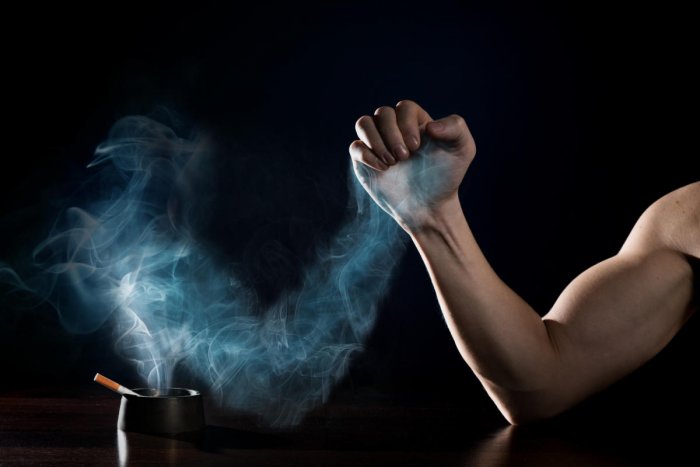Do smokers live in more pain?

Researchers from University College London have been analysing archived data from a set of online experiments in the BBC Lab UK Study, in which people took part between 2009 and 2013
The findings are based on a data group of over 220,000 people and were sorted into three categories:
- Never smoked daily
- Used to smoke daily
- Or currently smoke daily
They were asked how much pain they lived in and this was converted into a scale from 0-100. (Higher scores=More pain). Current and former smokers scored between 1-2 points higher than those who had never smoked. In other words, smoking was linked to living in pain- even after quitting.
The anti-smoking campaign group Ash said the findings do not come as a surprise given the dangers of smoking.
One the UCL researchers Dr Olga Perski told the BBC "The key finding is the former smokers still see that effect of elevated pain, it is a very large data set and we can be fairly confident there is something going on here, but we cant say whether thats clinically meaningful".
A couple of ideas on why this is happening is that smoking could have lasting effects on the bodys hormonal systems or that some of the thousands of chemicals in tobacco smoke may lead to permanent tissue damage, resulting in pain.... but who knows???
This suggestion specifically centres around the hypothalamic-pituitary-adrenal axis (HPA-axis), which is involved into how we respond to pain. If the HPA-axis is knocked out of balance then it could lead to people feeling more pain.
But still the possibility remains that smoking is the symptom and not the cause as studies have linked the neurotic personality trait to feeling more intense pain and a higher risk of smoking.
Ash chief executive Deborah arnott said "the proof that smoking caused lung cancer was discovered in the 1950's. Over the years since the evidence has grown that almost every medical condition can be caused, or made worse by, smoking, so its not surprising that smokers also suffer more pain than people who have never smoked.